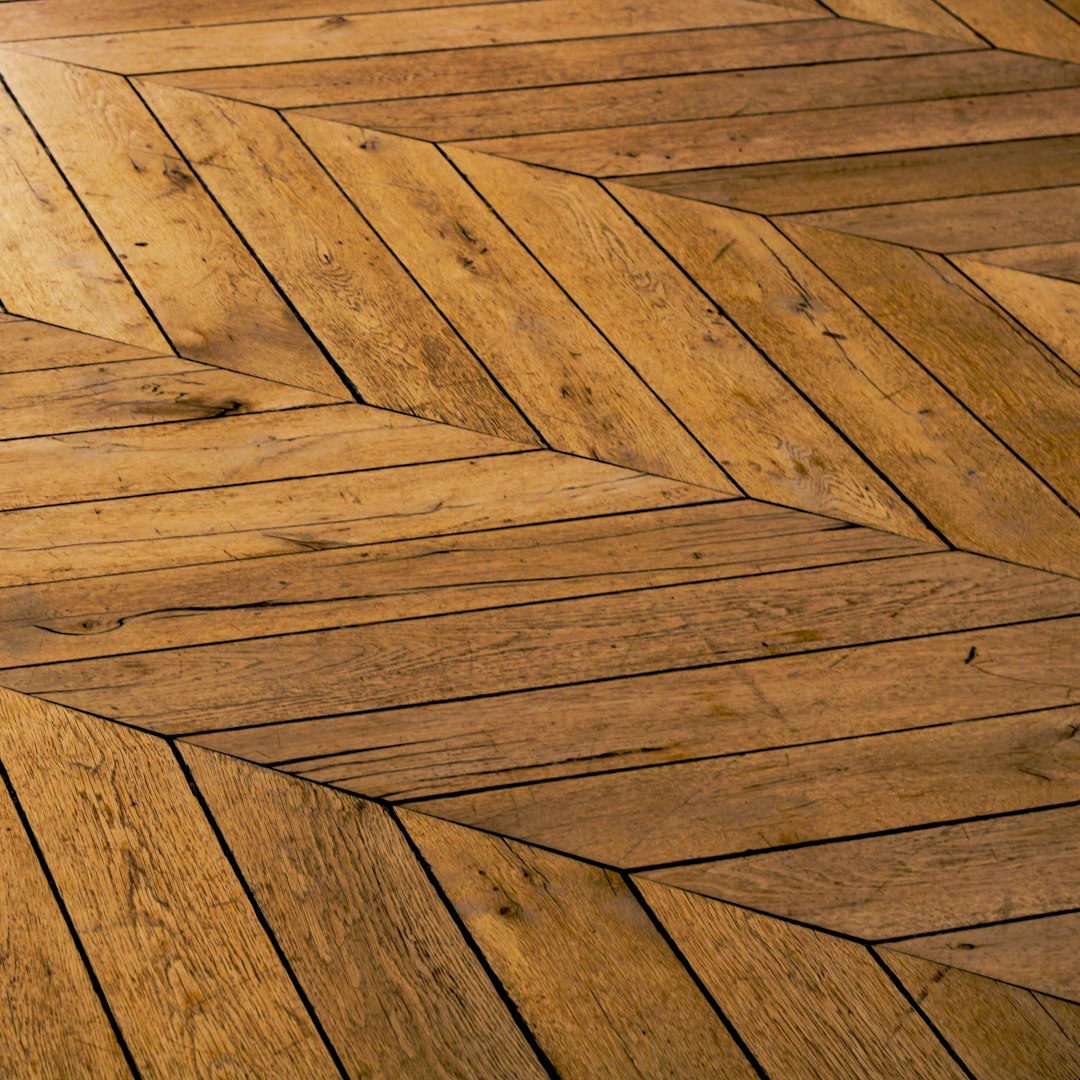Flooring Installer Kaiwhakauru Uhi
Flooring installers lay, replace and repair floor coverings such as carpet, linoleum, vinyl and timber.
Flooring installers may do some or all of the following:
- check customers' requirements
- prepare quotes for jobs
- measure and prepare areas to be covered
- measure, cut, apply and secure floor coverings
- mix and apply resin flooring
- repair damaged floor coverings
- install and/or sand timber floors.
Physical Requirements
Flooring installers need to:
- be reasonably fit
- have strong arms and a strong back
- be able to work in dusty conditions and not suffer from respiratory diseases.
Useful Experience
Useful experience for flooring installers includes:
- work as a flooring salesperson
- work as a storeperson in a flooring warehouse
- work in a carpet factory
- building work.
Experience in joinery or woodworking is useful for flooring installers who work with timber floors.
Personal Qualities
Flooring installers need to be:
- careful and accurate, with an eye for detail
- able to follow instructions
- able to work well under pressure
- able to work well with others
- good at basic maths
- safety-conscious.
Skills
Flooring installers need to have knowledge of:
- how to prepare floors for installation
- different types of flooring materials and how to cut and fit or apply them
- technical skills such as knowing how to measure a floor's moisture content
- skill in using specialised equipment such as floor sanders
- health and safety equipment and processes.
Flooring installers who are self-employed also need business skills.
Conditions
Flooring installers:
- usually work regular business hours, but may have to work long or irregular hours
- work in homes and other buildings that are being refurbished or built
- work in conditions that may be hazardous, dusty or contain adhesive fumes
- travel locally and occasionally between towns.
Subject Recommendations
No specific secondary education is required for this job, but construction and mechanical technologies, maths and physical education to at least NCEA Level 1 are useful.
Year 11 and 12 learners can find out more about the construction industry, and gain relevant skills, by doing a National Certificate in Building, Construction and Allied Trades (Level 1 and 2) through the BConstructive programme.
For Year 11 to 13 learners, trades academies and the STAR and Gateway programmes are good ways to gain industry experience.
These programmes may help you gain an apprenticeship, but do not reduce the amount of time it takes to complete it.
Related Courses
Flooring Installers can earn around $23-$24 per hour.
Chances of getting a job as a Flooring Installer are good due to a shortage of people interested in this type of work.
Pay for flooring installers varies depending on experience.
Flooring installers may receive an hourly rate, but are often paid a contract rate per metre of flooring installed.
- Apprentice floor covering installers usually start on the training rate or minimum wage, but earn more as they gain experience and unit standards.
- Newly qualified flooring installers usually earn between minimum wage and $24 an hour.
- Experienced flooring installers usually earn between $25 and $35 an hour.
Source: Floor NZ, 2019.
Flooring installers may progress to set up their own flooring business, or become flooring sales representatives.
Flooring installers may specialise in:
- installing certain products such as vinyl, carpet or timber overlay
- applying resin
- processes such as preparing floors or sanding.
Years Of Training
2-3 years of training usually required.There are no specific entry requirements to become a flooring installer.
To become a qualified flooring installer you need to complete an apprenticeship and gain one of these qualifications:
- National Certificate in Flooring (Level 4) – for installing floor coverings
- National Certificate in Resin Flooring Application (Level 4) – for installing resin flooring
- National Certificate in Flooring Planning & Design (Level 4) – for working in retail flooring sales.
The Building and Construction Industry Training Organisation (BCITO) oversees flooring installation apprenticeships.

 Kaipara College
Kaipara College